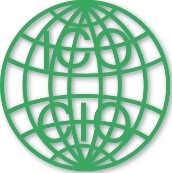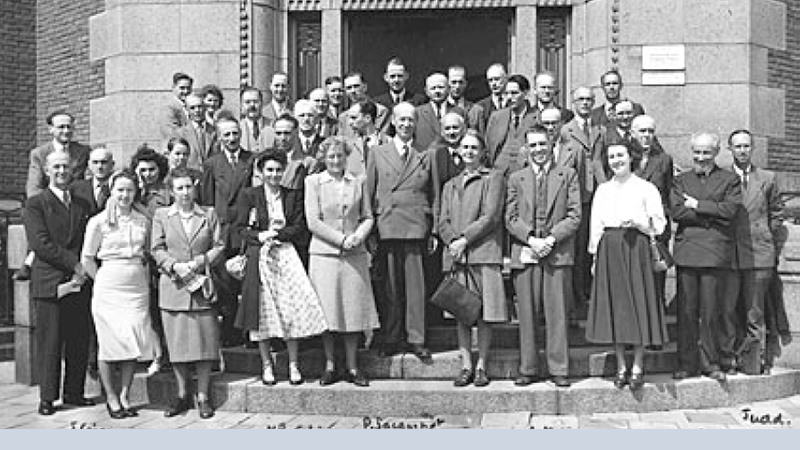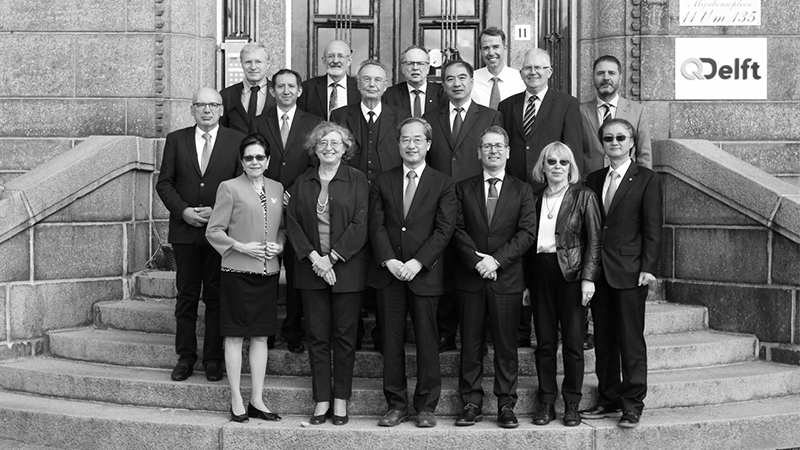The International Commission for Optics, ICO, was established in 1947. It acts as Affiliated Commission 1 (AC1) of the International Union of Pure and Applied Physics. It is also an Affiliated Member of the International Science Council (ISC).

The mission of ICO is to contribute to the progress and diffusion of knowledge in the fields of optics and photonics on an international basis. Optics and photonics are defined as the fields of science and engineering encompassing the physical phenomena and technologies associated with the generation, transmission, manipulation, detection, and utilisation of light. It extends on both sides of the visible part of the electromagnetic spectrum as far as the same concepts apply.
To fulfill its mission, ICO maintains contacts with local communities through its Territorial Committees, with International Society Members, and with optical scientists in all countries, welcoming all new contacts. Together with the other societies involved, it contributes to the coordination of international activities in optics and photonics such as in particular scientific meetings. The Commission has three categories of members: Territorial Committee Members (53 members including 12 Associate Members), International Society members (7 members).
The governing body of ICO is its General Assembly, usually held every three years during an ICO Congress that includes an international conference on optics and photonics. Between General Assemblies, a Bureau is responsible for the conduct of the Commission. The Bureau consists of the President, the Past-President, the Secretary General and the Associate Secretary, the Treasurer, and fifteen Vice-Presidents, (eight elected, of whom at least two are from industry, and seven appointed by the International Society Members). The last ICO General Assembly and its parallel meeting (ICO-24,) took place in Tokyo, Japan from 21–25 August 2017. More than one thousand participants attended from more than 40 countries. ICO-24 was jointly sponsored by the ICO and the Science Council of Japan (SCJ) and co-sponsored by the Japan Society of Applied Physics (JSAP) and the Optical Society of Japan (OSJ). The congress was also technically co-sponsored by many scientific societies including the Chinese Optical Society (COS), the Chinese Society for Optical Engineering (CSOE), the European Optical Society (EOS), the Foundation for Promotion of Electrical, Electronic and Information Engineering, the IEEE Photonics Society, the Institute of Electronics, Information and Communication Engineers (IEICE), the International Society for Optics and Photonics (SPIE), the Laser Society of Japan (LSJ), the Optical Society (OSA), the Optical Society of Korea (OSK), the Physical Society of Japan (JPS), and the Taiwan Photonics Society (TPS). This gives a glimpse of the amplitude of the international activity of ICO. The next ICO General Assembly will be celebrated in Dresden, Germany in September 2020. During the other years, an ICO Topical meeting is held, together with the Bureau meeting. ICO is also very active in sponsoring and supporting Optics and Photonics Conferences and Workshops worldwide, in the Countries represented by its Territorial Committee Members.
Scientific awards are also an important ICO activity. For instance, in 2005 the International Union of Pure and Applied Physics (IUPAP) created the Young Scientist Prizes for its commissions. The international Commission of Optics (ICO), as an Affiliated Commission of IUPAP, decided in 2008 to adopt the IUPAP Young Scientist Prize in Optics. The IUPAP prize in optics will be awarded annually through ICO to a scientist who has made noteworthy contributions to applied optics and photonics during a maximum of 8 years of research experience after having earned a PhD degree.
Another important award, established in 1982 is the ICO Prize. It is given each year to an individual who has made a noteworthy contribution to optics, published submitted for publication before he or she has reached the age of 40. (Specifically, the Prize winner must not have reached the age of 40 before December 31 of the year for which the Prize is awarded). The character of the work of successive Prize recipients should preferably alternate between predominantly experimental or technological and predominantly theoretical. The “noteworthy” contribution in optics and photonics is measured chiefly by its impact (past or possibly future) on the field of optics generally, opening a subfield or significantly expanding an established subfield in research or technology.
The ICO Galileo Galilei Award contributes to one of the essential missions of the International Commission for Optics: it recognizes the promotion of Optics under difficult circumstances. The award was established by the 1993 General Assembly of ICO and has been awarded annually since 1994. ICO and ICTP, the Abdus Salam International Centre for Theoretical Physics, Trieste, agreed in 1999 to establish a joint prize, called the ICO/ICTP Gallieno Denardo Award. It is reserved to young researchers from developing countries (as defined by the United Nations), who conduct their research in a developing country. The award will be given to scientists less than 40 years old (on December 31 of the year for which the award is given), who are active in research in Optics and Photonics, and have contributed to the promotion of research activities in Optics in their own or another developing country.

Photo of some participants of the first ICO meeting, Delft 12-17July 1948

The current ICO Bureau members on the occasion of the 70th Anniversary of ICO, Delft, 7 October 2018




